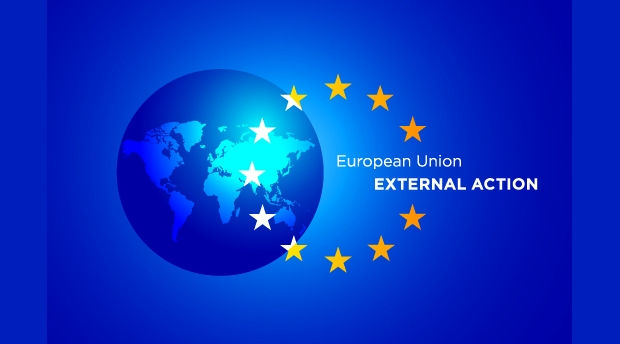Teaching the pilot course for the CSB project - The Croatian experience by Prof. Burnac
- csbprojectitaly
- Jul 3, 2020
- 2 min read
Updated: Aug 31, 2020
Pasko Burnac, Assistant Professor of Finance at University of Split, Faculty of Economics, Business and Tourism (Croatia) and lecturer of the CSB Pilot Course, tells the experience of teaching the pilot course for the Cultural Studies in Business project and the different approaches changed also to adapt them to the actual global situation with COVID19 pandemia.
This semester, at the Faculty of Economics, Business and Tourism, we started with the implementation of the Pilot Course within the Cultural Studies in Business K203 Erasmus project in the field of Erasmus Plus.
Unlike my colleagues, I had the opportunity to meet students and teach at the Faculty building since my topics were first on schedule (first two weeks of March). Given the circumstances in this semester, it was a unique experience.
First week we discussed the"Global Political Economy" - one of the most intellectually exciting and stimulating disciplines in the social sciences today. In this part we explored different theoretical perspectives in political economy, before addressing issues in the contemporary global political economy. The aim of this part is to provide students with an introduction to global political order as a basis for understanding Europe’s place in the contemporary global economy. After lectures given by professors, students had the opportunity to watch two TED talks videos, the first one titled "A new world order" by Joseph Khan, and second was "Economics, Democracy & the new world order" by Danny Quah. I have to admit that the students enjoyed these videos even more than the lectures, since for some of them this was the first time they used TED talks in an official study programme.
Second week we discussed "Alternative Economics" from the perspective of Behavioural and Cognitive economics. This part introduces students to the field of behavioural economics which incorporates psychological evidence into economics, while cognitive economics is the economics of what is in people’s minds. Both approaches study how people actually make decisions, by considering a number of real life decision making situations where some standard rationality assumptions on preferences do not hold.
After the lectures, students were required to apply these approaches to the coronavirus period, since in March COVID was already present in some parts of Europe. So, the students questioned the canonical approach in economics that explains market outcomes and economic decision-making using theoretical models which usually assume that people are fully rational. That was the opportunity for students to apply behavioural and cognitive economics to real-world challenges in “bounded rationality” period of the coronavirus economy. Students found these exercises very interesting, given that the discussion was very lively.
During that period, we could not even guess how far-sighted our discussion and conclusions would be, given that circumstances changed following week and we moved on to online classes.
Article
written by Prof. Pasko Burnac, Assistant Professor of Finance at University of Split, Faculty of Economics, Business and Tourism (Croatia). Lecturer on behalf of the "CSB Pilot Course" core activity of the Erasmus Plus K203 Project "Cultural Studies in Business".
.jpg)










Comments